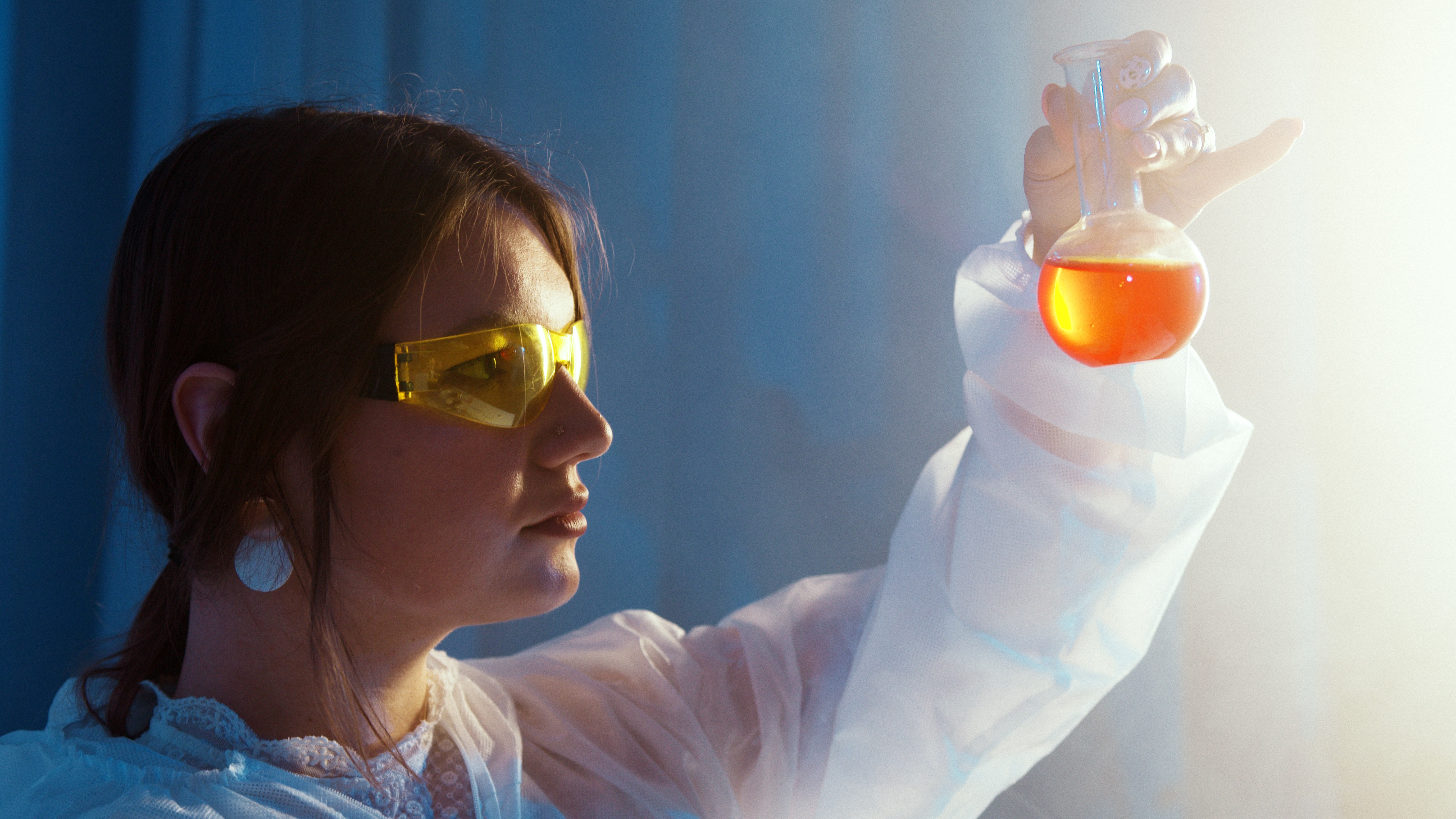
Neogen team helped agricultural scientists in performing interaction studies for quality traits in mango varieties. The corresponding work was published in the peer reviewed journal Agronomy in January 2023.
Scion/Rootstock Interaction Studies for Quality Traits in Mango (Mangifera indica L.) Varieties
by
Mukesh Shivran, Nimisha Sharma, Anil Kumar Dubey, Sanjay Kumar Singh, Neha Sharma, Vignesh Muthusamy, Maneesh Jain, Bikram Pratap Singh, Nisha Singh, Nirmal Kumar, Narendra Singh, Shruti Sethi,Radha Mohan Sharma
Abstract
To explore the quality rootstocks which impart better quality fruits in mango varieties, we studied the interactive effect of the scion and rootstock using five mango varieties (Mallika, Amrapali, Dashehari, Pusa Arunima, and Pusa Surya) grafted on three rootstocks (Olour, Kurukkan, and K-5). A total of 25 physico-chemical parameters were studied in the five grafted varieties viz., fruit weight, yield efficiency, fruit per plant, pulp percent, total soluble solids (TSS), acidity, physiological loss in weight (PLW), peel thickness, respiration rate, etc., and were found to be altered through scion–rootstock interaction. Among the five mango varieties, Olour rootstock proved best to improve the fruit quality and shelf life using the grafting approach. Physico-chemical-traits-based clustering was unable to precisely group scion varieties according to their grafting rootstock. A total of 35 shelf-life specific markers were designed from ripening genes, such as expansin, polygalactouranase, ethylene insensitive, ethylene sensitive, etc. Of these specific primers, 24 showed polymorphism among the studied genotypes. The gene diversity (GD), allele per locus (An), polymorphism information content (PIC), and major allele frequency (MAF) observed were 0.43, 2.00, 0.34, and 0.63, respectively. Cluster analysis clearly showed that scion grafted on Kurukkan and Olour rootstock, and scion varieties grafted on K-5 rootstock grouped together have more similarity. A total of eight simple sequence repeats loci (SSRs) markers were associated with eight physiological traits. Strong association of SSR loci NMSLC-12 and NMSLC-14 with yield efficiency and fruit weight were observed with a phenotypic variance of 85% and 70%, respectively.

